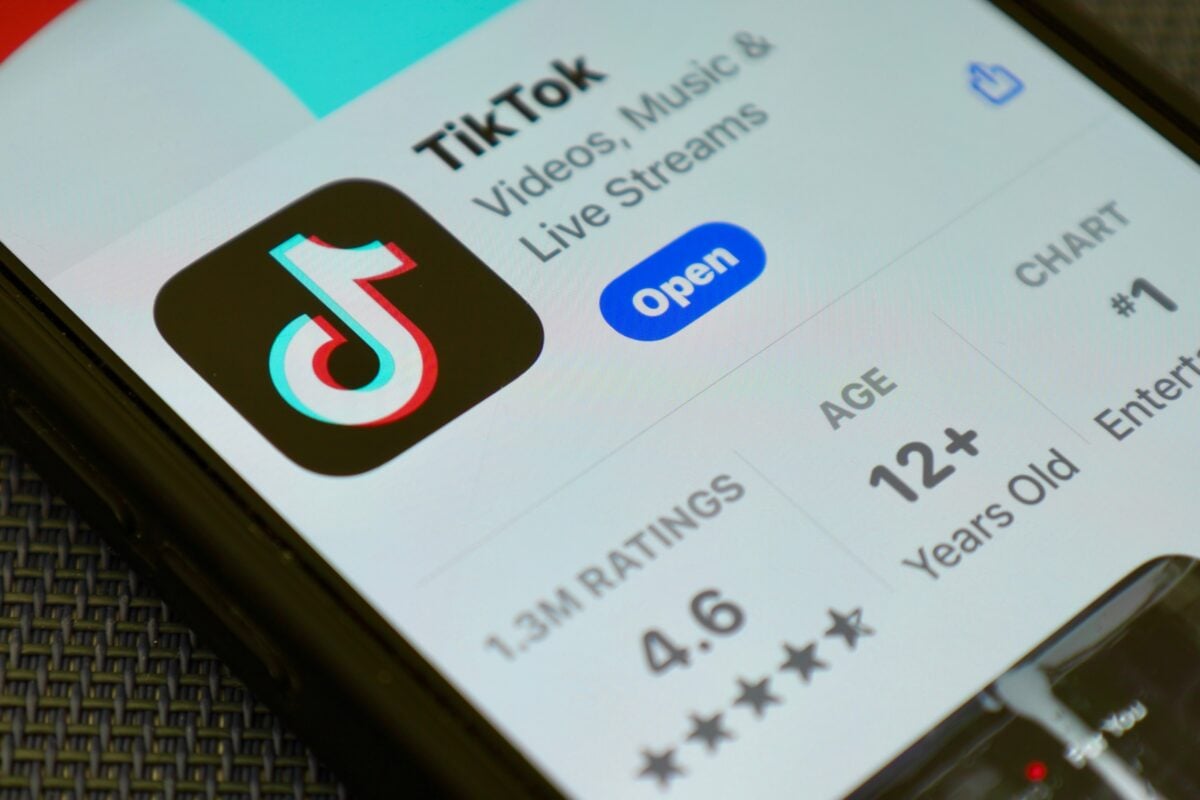TLDRs;
- Indonesia suspended TikTok’s registration for failing to fully share livestream traffic and monetization data.
- The company cited internal policy restrictions on data sharing, which authorities rejected as insufficient.
- Despite the suspension, TikTok’s app and livestream features remain operational in Indonesia.
- The move reflects Southeast Asia’s growing demand for transparency from global tech giants like TikTok.
Indonesia’s Ministry of Communication and Digital Affairs has temporarily suspended the registration of TikTok Pte. Ltd. as an electronic system operator (TDPSE), citing failure to comply fully with national data-sharing requirements.
Officials say the move follows TikTok’s partial cooperation in submitting information related to its livestreaming operations during public demonstrations held between August 25 and 30. According to the ministry, the company submitted only incomplete data on user traffic, livestream content, and monetization practices, particularly in relation to virtual gifting and earnings.
Despite the suspension, TikTok’s app and livestreaming features remain accessible to users in Indonesia, suggesting that the action is primarily regulatory rather than an outright service ban.
TikTok Cites Internal Policies for Limited Disclosure
The government had requested TikTok to clarify its livestream-related data submissions by September 16 and set a deadline of September 23 for full compliance. However, TikTok responded in an official statement saying that its internal privacy and security policies restrict sharing certain types of operational data with external parties.
The ministry viewed this explanation as insufficient, emphasizing that local regulations require complete transparency for platforms operating in the country. The suspension, therefore, acts as a warning measure to compel greater cooperation from the company.
In a brief statement, a spokesperson for TikTok Indonesia reiterated that the company “respects local regulations” and is “in active communication with authorities” to resolve the matter.
Ongoing Scrutiny of Tech Giants in Southeast Asia
Indonesia’s action underscores a growing regional trend of governments demanding stricter accountability from major social media platforms over data use, monetization, and content control.
TikTok, which boasts millions of active users in Indonesia, has previously faced similar regulatory scrutiny in other countries. The platform’s livestream feature, a major source of creator income, has been at the center of several policy disputes concerning data transparency and potential misuse during politically sensitive events.
Observers note that the suspension could mark the beginning of stricter enforcement under Indonesia’s Electronic Information and Transactions (ITE) Law, which governs how tech companies store and share user data.
TikTok’s Global Compliance Challenges
The suspension in Indonesia adds to TikTok’s global compliance challenges. In neighboring India, the platform remains banned since June 2020, when the government cited national security risks and Chinese data ties. Despite brief technical glitches that sparked rumors of a comeback, the Indian ban remains intact under Section 69A of the IT Act.
This regional contrast highlights how TikTok’s regulatory issues often extend beyond content moderation to encompass data sovereignty and geopolitical tension. For countries like Indonesia, the issue isn’t just about user privacy but also national control over digital ecosystems.
For now, TikTok’s presence in Indonesia remains uninterrupted, but its future regulatory standing depends on how swiftly it can align with local transparency laws.







